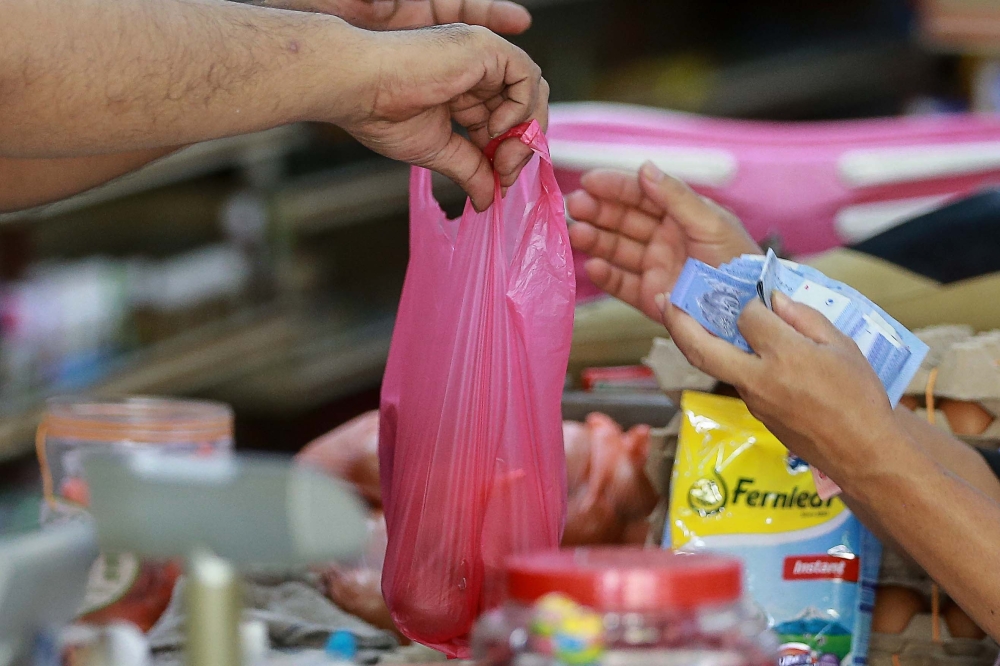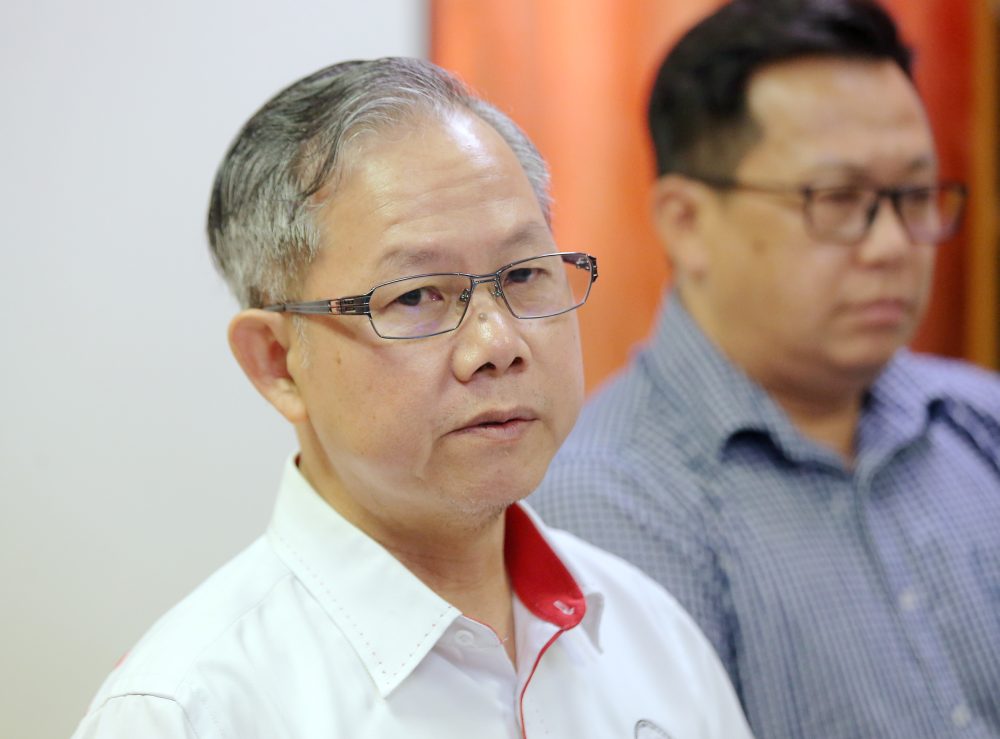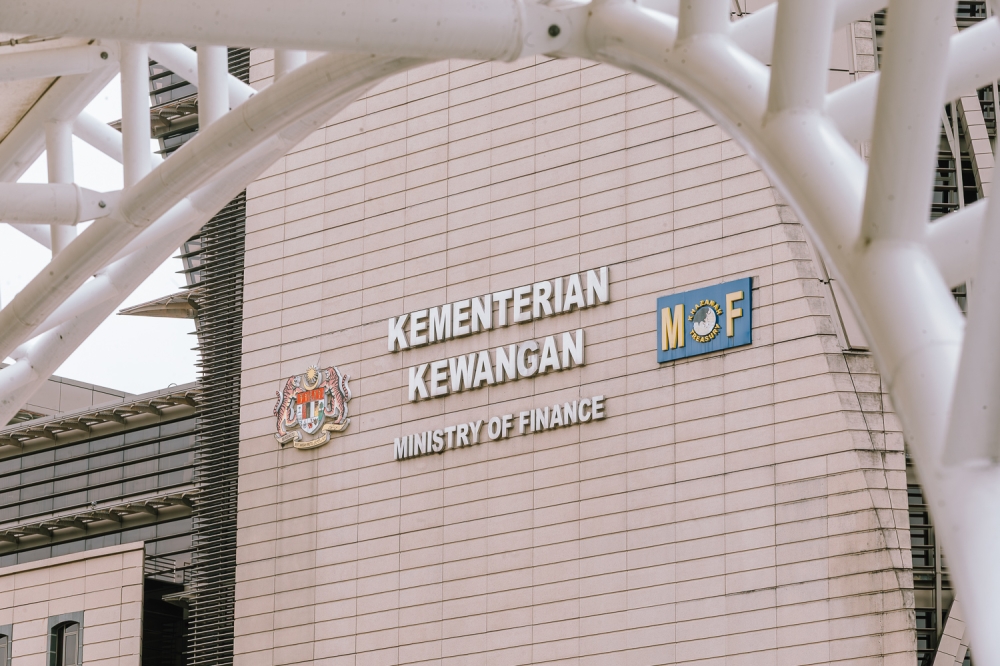KUALA LUMPUR, Aug 18 — Health experts and a former Cabinet member have expressed their belief that the ongoing recovery movement control order (RMCO) will likely be extended past its initial expiry date on August 31, in light of the recent upswing of Covid-19 cases this past month.
Although some may find it unpleasant, they stressed its necessity in breaking the chain of transmission, and to keep the public as safe as possible following reports that the virus has mutated into a more infectious strain.
Former deputy health minister Dr Lee Boon Chye said it is likely the RMCO will be extended past August 31, though it may be named differently.
“The MCO is enforced via the Prevention and Control of Infectious Diseases Act 1988, which empowers the Health Minister to make regulations for control of communicable diseases.
“If it is totally lifted, it will be difficult for the ministry and the National Security Council to enforce physical distancing, standard operating procedures (SOP) and wearing of masks,” he told Malay Mail.
At the most, Dr Lee said any subsequent RMCO would have less restrictions than its current incarnation. However he emphasised that the public cannot make the fatal error of underestimating the pandemic.
“Covid-19 is here to stay for the next one to two years, or longer. Malaysia will still experience occasional cases and hopefully only small outbreaks repeatedly.
“We can keep the outbreaks under control if we avoid massive gatherings, observe the new normal, and efficient response from the ministry when new cases emerge,” he said.
He said this means the public must adapt themselves within these two years or so, adhering to the SOPs while the government continues to strengthen its ability to control any new cases or outbreak all the time.
“This includes the ability to do mass testing when needed, the ability to do contact tracing efficiently via the MySejahtera App and via a special Covid-19 team led by public health officers, and our ability to guard the borders to prevent imported cases.
“The business community and private sectors should adapt to new changes and explore new opportunities including e-commerce, IT, supply chain relocation due to the ongoing China-United States trade war, automation, agricultural and food production, just to name a few,” Dr Lee said.
Malaysian Medical Association president Dr N. Ganabaskaran said the current situation means Malaysia is far from lifting the RMCO.
“It might be a different situation if there had not been any new clusters. These new clusters have pushed the daily figures back to double digits. The series of non-compliance issues in the mandatory quarantines and SOPs has gone against all efforts to reduce cases of Covid-19 in the country.
“If we continue to struggle with these issues, we will not be able to break the chain of infection in the country and we may continue to remain under RMCO or another version of the MCO,” he said.
Dr Ganabaskaran said the government may even need to consider remaining under RMCO or maintain certain restrictions even if daily cases dip to single digits or until the pandemic is declared over altogether, should the level of public compliance remain inconsistent as it is now.
“Enforcement should also be consistent or else the SOPs will be taken lightly and the public might let their guard down as we are continuing to see,” he said.
Medical Practitioners Coalition Association of Malaysia president Dr Raj Kumar Maharajah in particular expressed his fear over what could well occur should the RMCO end prematurely.
“I personally think it will be extended, as we have just detected a more virulent strain of Covid-19, the D614G strain, in the country,” he said.
Dr Raj Kumar is referring to the announcement by Health Director-General Datuk Dr Noor Hisham Abdullah earlier today, who said the D614G-type mutation was detected after isolation and culture tests on three cases from the PUI Sivagangga cluster in Kedah and one case from the Ulu Tiram cluster in Johor.
The mutation strain is understood to be 10 times easier to infect other individuals and easier to spread, particularly if spread by 'super spreader' individuals.
“In such a situation, the RMCO should be extended by at least one more month, and reviewed again at the end of that month.
“Additionally, even if we drop back to daily single-digit cases as was the case until recently, the public should be advised to continue observing the SOPs and to follow the preventive measures as listed by the ministry,” he said.
Dr Raj Kumar argued that Covid-19's ever-changing mutative properties means that single-digit cases cannot lead to complacency where the public eventually lets its guard down.
“Even if a vaccine comes about, there is no guarantee it will work properly as the vaccine may only work to prevent the existing mutation strain.
“Should we see further new emerging mutations and other virulent strains of Covid-19, the vaccine cannot prevent it from infecting inoculated individuals,” he said.

















.JPG)
.JPG)


